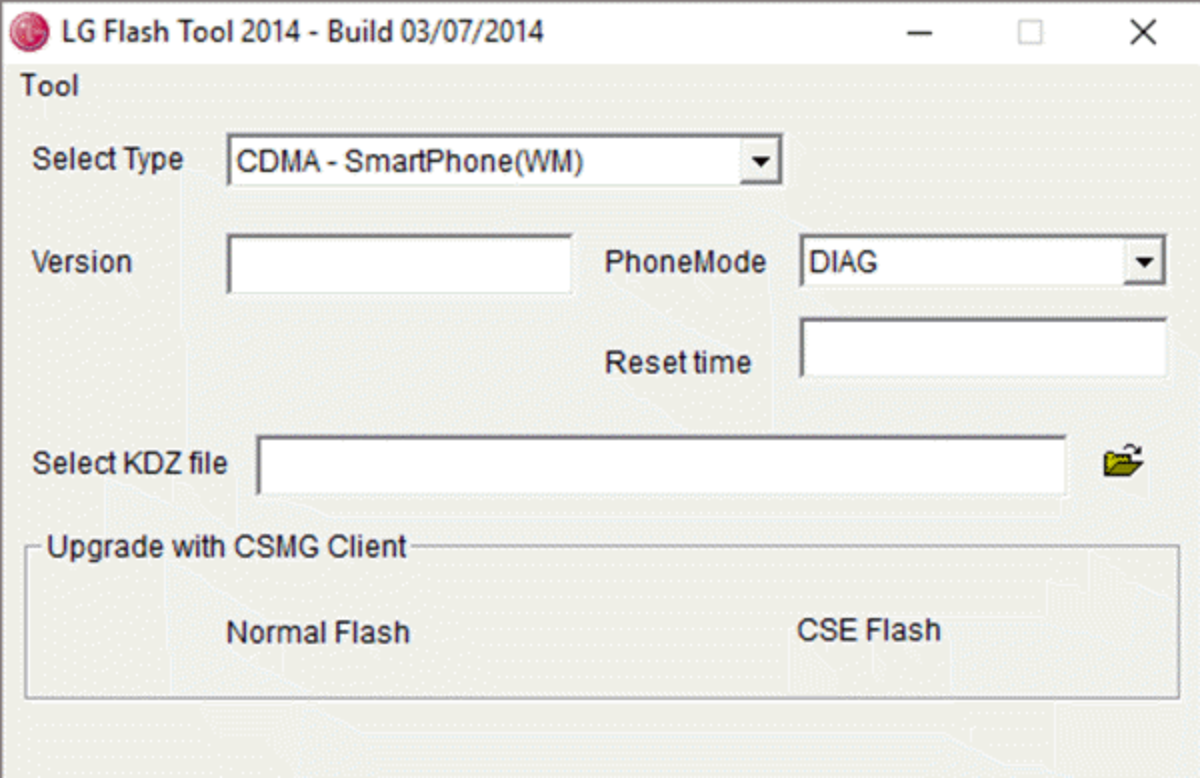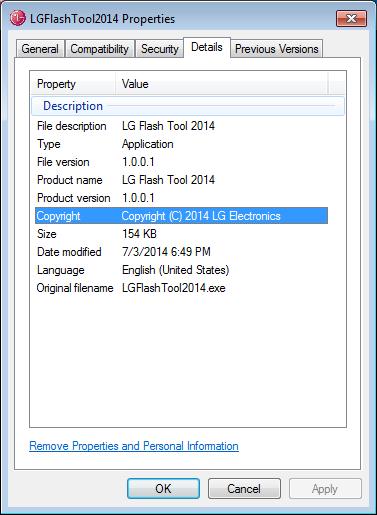
One report, in which consumer experience with health apps was a key outcome, describes two Swiss university randomised pragmatic trials. Research incorporating Consumer Experience Metrics In Australia, the introduction of the Health Market Validation Program signifies the Victorian State Government’s and technology vendors’ commitment to remote/home monitoring feasibility studies are required in other jurisdictions. Indeed, a number of authors have called for guidelines around electronic self-monitoring to prevent errors or other incidents. There are many instances of ‘buggy’ health apps. However, limited regulation in the technology marketplace enables insufficiently tested self-monitoring devices to be launched, with potential for health consumers to ill-advisedly change their self-care regimens. Health consumers are increasingly engaging with mobile health applications (‘apps’) for self-monitoring. For consumers with reasonable health literacy, self-monitoring offers greater autonomy, aiming to reduce pressure on health resources.ĭespite being a relatively new phenomenon, self-monitoring has experienced notable developments in its practical immersion into one’s lifestyle. shortness of breath), manual blood pressure readings, and self-maintained electronic databases of blood glucose measurements in diabetes management.


Self-monitoring can be conducted by consumers on various levels examples are self-awareness of symptoms (e.g. One commonality is that self-care requires self-monitoring for a consumer to pursue daily decisions to maintain functionality.

Due to differences between chronic conditions, there is no agreed definition of self-care. In order for self-care of a chronic condition to be sustained, self-management techniques need to be integrated into one’s life. The increasing aging population will benefit from 21 st Century self-care techniques, easing burden on healthcare by enabling self-monitoring at home, office or other location.


 0 kommentar(er)
0 kommentar(er)
